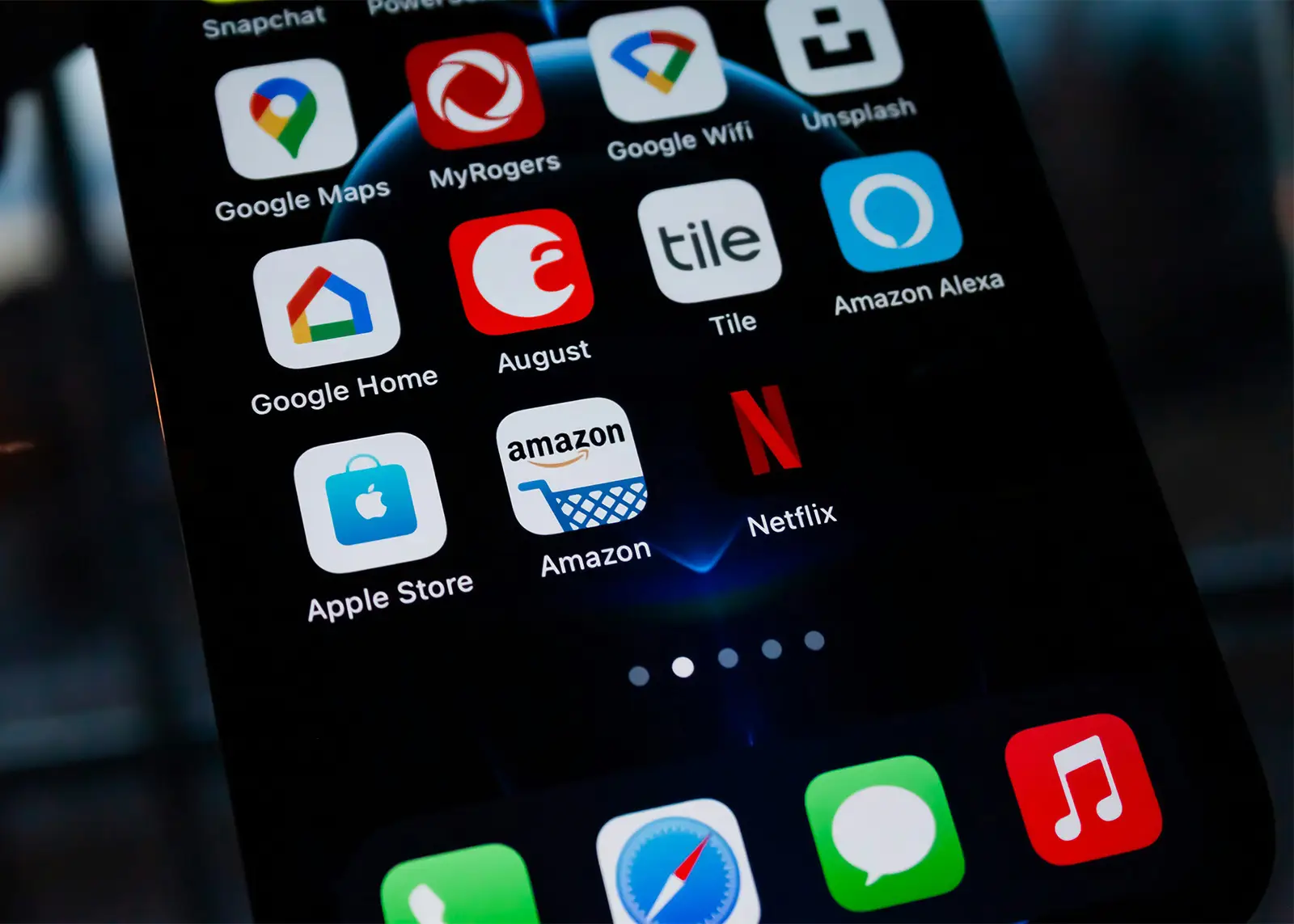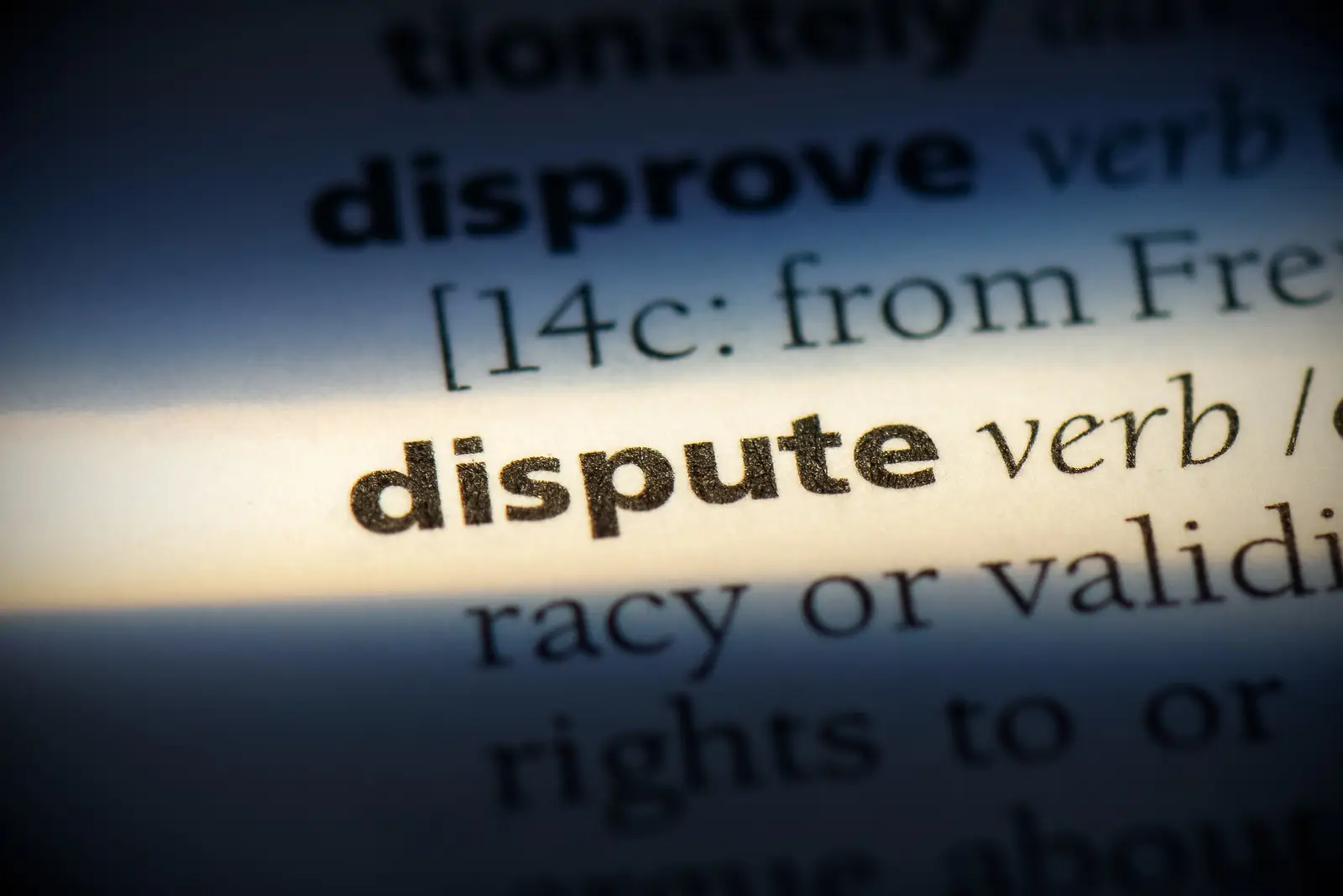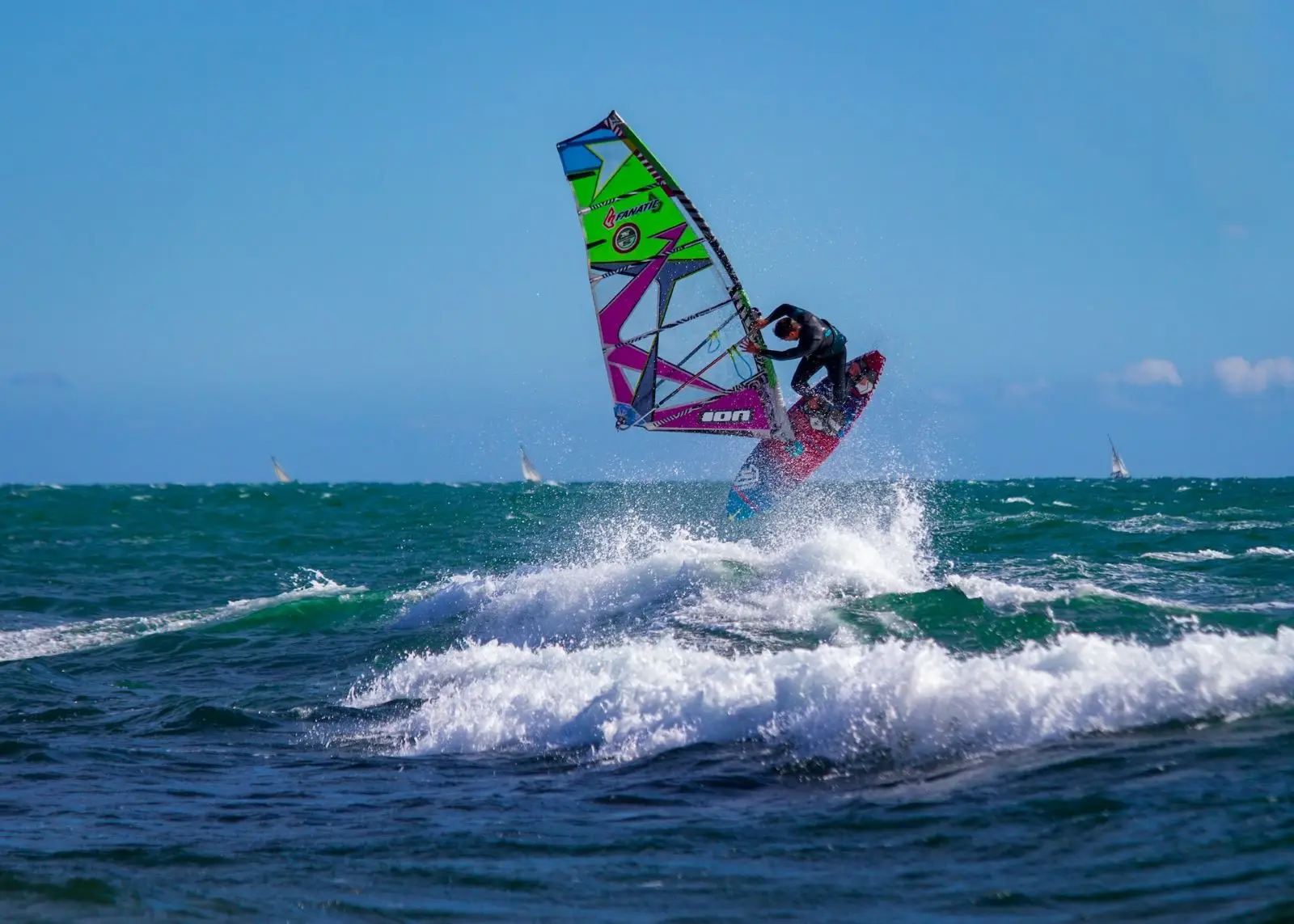
When protecting a brand, businesses frequently face the dilemma of whether to register their trade marks as word marks or logo marks. This decision greatly influences the extent of protection and the brand’s future adaptability.

Robust intellectual property enforcement can be part of a good IP strategy, though most businesses want to navigate IP issues without a full-blown dispute.

Any patent attorney can create a patent application based on the information an inventor shares, but that doesn’t necessarily mean it’ll provide commercially valuable protection.

In today’s knowledge-driven economy, intellectual property (IP) has become a vital asset for many businesses. But is creative thinking enough? Not in my experience.

Securing a patent is a huge milestone, and it’s tempting to dive straight into the patent application process once you’ve got an exciting invention on your hands. But before you do, there’s a critical step that can’t be overlooked.

Once granted, a patent provides you with exclusive rights to your invention in New Zealand for 20 years from the filing date. However, many people overlook what comes next.

In the fast-paced tech industry, safeguarding your unique ideas is crucial, and patents offer one of the strongest forms of legal protection.